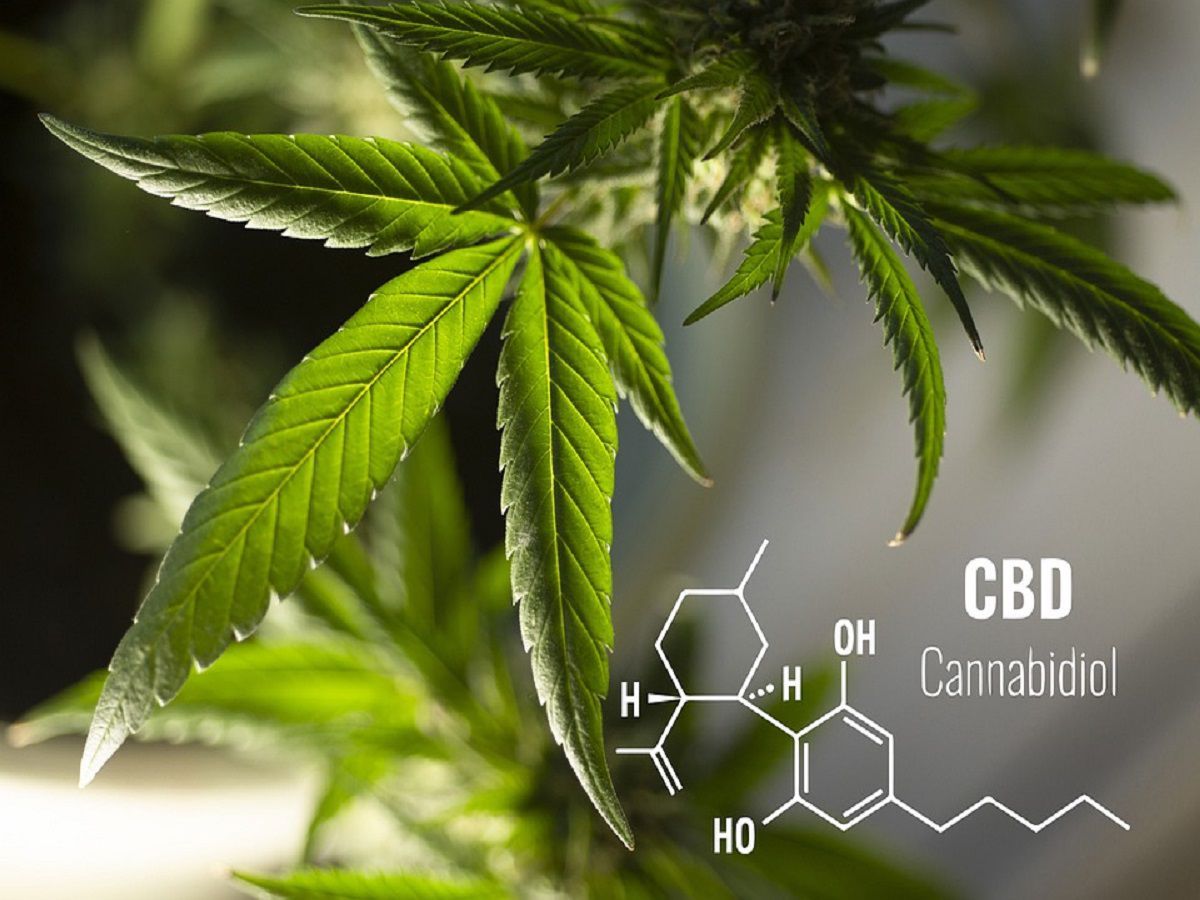Study Finds That CBD Oil Mitigates Chemotherapy-Induced Neuropathy
I have said it before and I will say it again – cancer is one of the worst things on earth. If you or a loved one has ever battled cancer, then you know firsthand how awful cancer can be. Unfortunately, it’s something that millions of people die from every year, with millions more being diagnosed during the same duration of time.
The World Health Organization estimates that in 2020 alone, over 10 million people died from cancer around the world, with cancer being to blame for one out of every six deaths on earth.
Various treatments are currently incorporated into strategies to battle cancer, with one of the most common forms of treatment being chemotherapy. Chemotherapy is a drug treatment involving powerful chemicals that aim to kill fast-growing cells in the human body.
Chemotherapy can be effective in some cases, but it yields numerous side effects to some degree in all cases. One common side effect is neuropathy. Chemotherapy can damage the nervous system around the brain and spinal cord.
Fortunately for chemotherapy patients that must undergo the treatment, cannabidiol appears to help mitigate chemotherapy-induced neuropathy according to a recent study out of Denmark. Below is more information about it via a news release from NORML:
Roskilde, Denmark: The short-term administration of CBD oil extracts is safe and effective in patients suffering from chemotherapy-induced peripheral neuropathy (CIPN), according to data published in the journal Supportive Care in Cancer.
Danish investigators assessed the twice daily administration of CBD oil (300 mg/daily) in patients receiving either oxaliplatin or paclitaxel-based chemotherapy. Subjects used CBD for a period of eight days immediately following their first cycle of chemotherapy. Patients outcomes were compared to those of similarly matched controls.
Researchers reported that the use of CBD was associated with pronounced improvements in patients’ pain-related outcomes, including cold sensitivity and throat discomfort.
“CBD attenuated early symptoms of CIPN with no major safety concerns,” they concluded. “Long-term follow-up is ongoing. Results should be confirmed in a larger, randomized study.”
Separate studies have identified an association between patients’ long-term use of cannabis products and statistical improvements in cancer-related symptoms as well as significant reductions in their use of prescription painkillers.
Full text of the study, “Oral cannabidiol for prevention of acute and transient chemotherapy-induced peripheral neuropathy,” appears in Supportive Care in Cancer.



